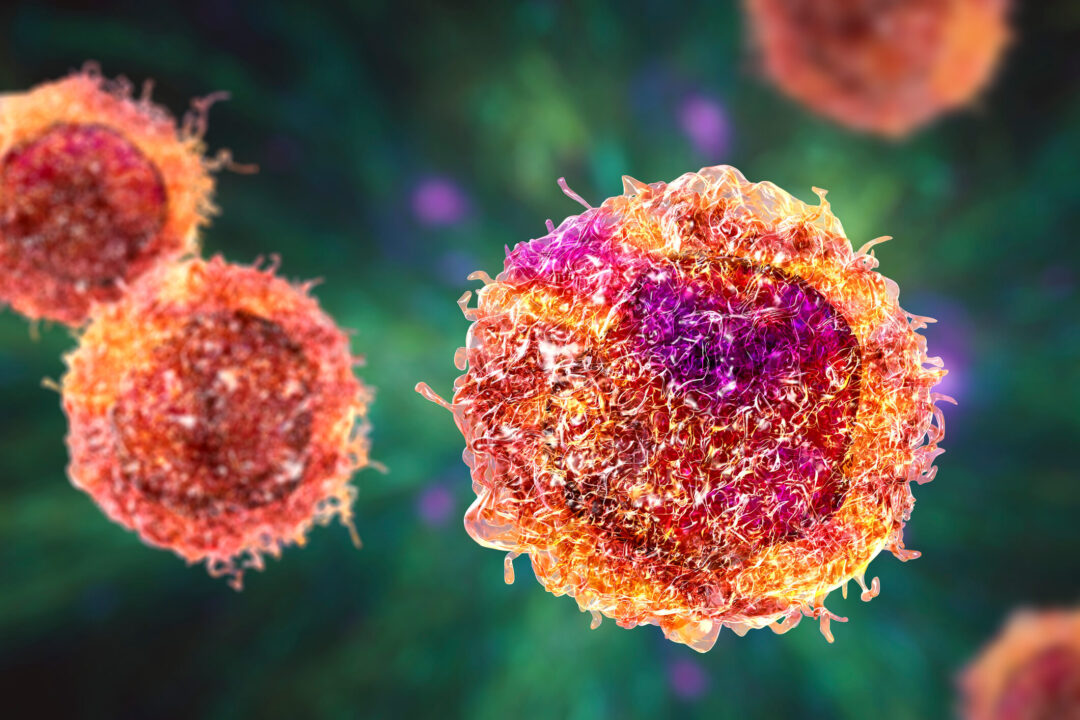From Cancer Progress 2021
Moderator: Ed Saltzman, Head, Biotech Strategy, Lumanity
Panelists:
- Ron Akehurst, Executive Chair, HEOR, Lumanity
- Peter Bach, MD, MAPP, Director, Center for Health Policy and Outcomes, Memorial Sloan Kettering Cancer Center
- Michael Kolodziej, MD, VP and CIO, ADVI Health
- Leonard Saltz, MD, Executive Director for Clinical Value & Sustainability; Head, Colorectal Oncology Section, Memorial Sloan Kettering Cancer Center
For a decade now, the “value” panel during Cancer Progress has delivered a spirited and often, controversial, discussion around the subject of the costs and associated value of cancer drugs. Nevertheless, despite numerous thoughtful solutions proposed, both market-based and legislative, and debated by many of the participants (including those joining us again this year), we remain largely stuck where we started. By stark contrast, in the time since this panel first convened, a head spinning array of novel therapies have appeared on the market. These therapies increasingly rely on novel and complex delivery platforms, in particular adoptive cellular therapies and, in totality (as well evidenced through this conference), represent a diverse range of therapeutic approaches as well as degrees of personalization that are unprecedented and unmatched in any other disease category.
But there has been a dearth of innovation directed at addressing the seemingly inexorable and exponential increases in the costs of these therapies, and the brutal impact, first and foremost on cancer patients and their families, but also to all societal stakeholders. Likewise lacking on the innovation front is progress with business models that can cost effectively deliver these therapies while producing convincing demonstration of value. Moreover, aside from the highly visible costs of therapy, there remains an “elephant in the backseat” problem: the overwhelming majority of these costs are associated with use in patients with cancers already well advanced (metastatic) at time of diagnosis, despite significant advances in both the access to, turnaround time and cost of next gen sequencing (NGS).
This panel of experts all of whom are continuing to work hard to bring desperately needed innovation to pricing, value and access, will discuss the continuing barriers to progress and how they ultimately can and will be surmounted. Among topics to be discussed:
- Advances in payment models
- Advances in assessing value
- Opportunities and challenges of shifting industry and academic focus from treating advanced disease to early intervention









